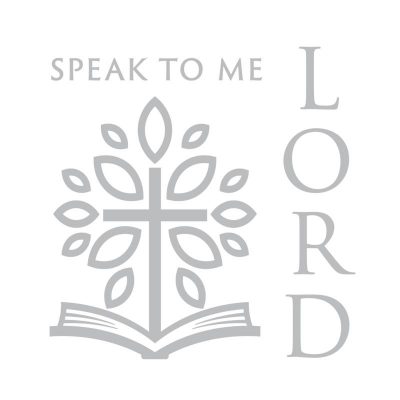The Ascension of the Lord
First reading: Acts 1:1-11
Responsorial Psalm: 47:2-3, 6-9
Second reading: Eph 1:17-23
Gospel: Mt 28:16-20
By Kevin Perrotta
I can’t speak for anyone else, but personally I can say that the Ascension has always been a difficult feast to get into.
The Ascension corresponds to Christmas. At Christmas, we celebrate God’s Son coming into the world as the human being Jesus, son of Mary of Nazareth. At the Ascension, we recall Jesus’ returning to the Father. But while Christmas is a natural for celebration, the Ascension is not. The happier we feel at a person’s arrival, the harder it is to feel good about their departure.
Both events are awesome and incomprehensible in the extreme. In the first, God entered into our life; the divine took on the human condition. In the second, humanity — in Jesus — entered into God.
But the first event is a becoming visible; we see a baby lying in a manger. The second is a taking from our sight. Jesus, now ascended, seated at the Father’s right hand, sharing, as God-made-man, in the divine support of the universe — this forms no picture in our minds.
It may seem infinitely distant, indeed, on the border of what the human mind can accept, even by faith.
Something of the difficulty of the Ascension may be represented in the Byzantine icon tradition. In the Ascension icon, Jesus is seen rising toward heaven while the apostles stand beneath, visibly disturbed, waving their arms and looking at each other with consternation. They certainly don’t appear to be celebrating.
Yet the Ascension holds great meaning for us. There was a gap — a Grand Canyon! — between God and us, caused by our pride and envy and the whole list of sins we get ourselves lost in.
To bridge the gap, God sent his Son. As one of us, he gave his life as an atonement and rose from the dead, breaking the power of death over humanity. Now he has closed the gap by returning, as one of us, to the Father.
Paul says that God has “raised us up with him, and seated us with him in the heavens” (Eph 2:6). In his Ascension, Jesus has brought us home to God. Even as we continue in our earthly lives, we are in God’s presence by being united with Jesus. With the ascended Jesus, we are with God and can address him as “Father” (Rom 8:15).
Perrotta is the editor and an author of the “Six Weeks With the Bible” series, teaches part time at Siena Heights University and leads Holy Land pilgrimages. He lives in Ann Arbor, Michigan.






















